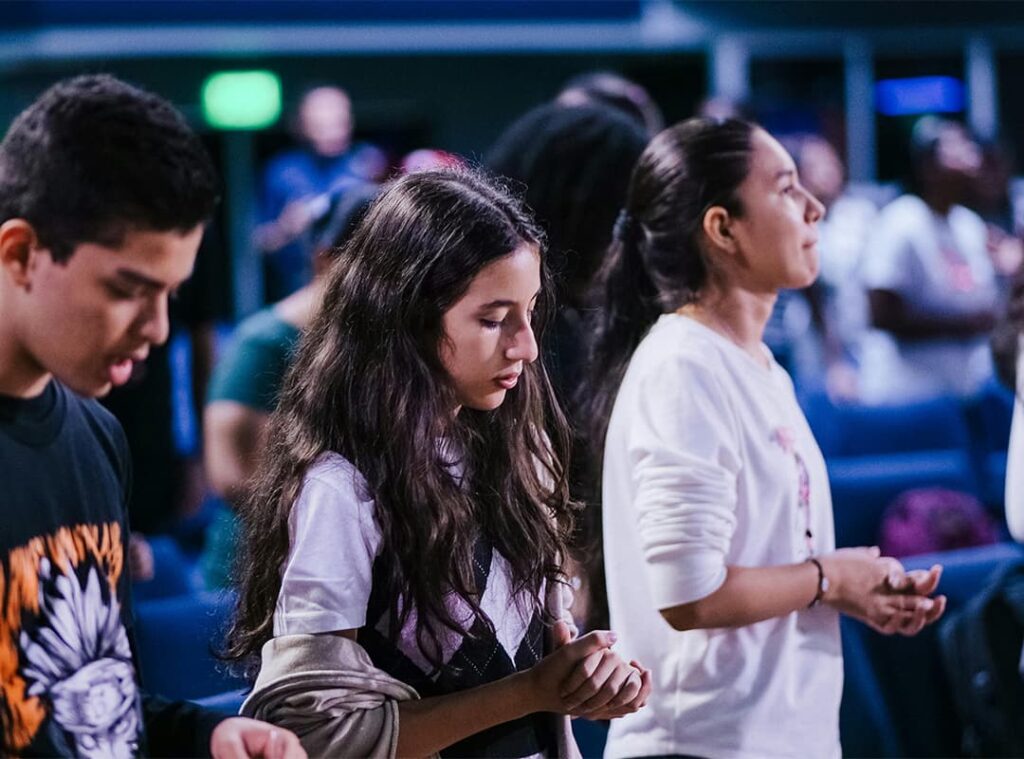Same-sex marriage remains a contentious issue in the United States, sparking debates and controversies. However, it’s essential to recognize that the concept of same-sex marriage is not exclusive to the Western world, nor is it a recent development of the 20th or 21st century. Many cultures across the Americas, Africa, and Asia have historically practiced or continue to practice same-sex marriage customs. It’s crucial to understand that these practices vary significantly across different societies and should not be viewed through a singular lens.
Marriage, whether same-sex or opposite-sex, has served diverse purposes in various cultures throughout history. In ancient Europe, marriages were often arranged for dynastic reasons and to form alliances between families, whereas contemporary Europeans often prioritize love and individual choice in marriage decisions. Similarly, in many cultures in Africa, both same-sex and opposite-sex marriages were driven by familial obligations such as inheritance rather than romantic love or sexual orientation.
While Americans may debate the cultural values surrounding same-sex marriage, it’s essential to recognize that these debates often stem from similar understandings of marriage within the Western context. However, traditional views on marriage in non-European societies can offer different perspectives. For example, among the Nuer of South Africa, same-sex marriage is not uncommon and is motivated by the duty to carry on the family name, similar to opposite-sex marriages within the same culture.
Regardless of one’s stance on same-sex marriage, it’s crucial to acknowledge that Western societies are not pioneers in recognizing such unions. Traditional non-European societies have long acknowledged and formalized same-sex unions, and some continue to do so today.
Traditional Same-Sex Marriage in Africa
Woman-woman marriages have been documented in over 30 African populations, including the Yoruba, Ibo, Nuer, Lovedu, Zulu, Sotho, Kikuyu, and Nandi. These marriages involve formal rites, with one woman paying the bride price to become the sociological ‘husband.’ Children born into these marriages belong to the lineage of the female husband, not the biological father’s.
Formalized relationships between two men also exist among the Zande, where a male warrior could marry a teenage boy by paying bridewealth. These marriages end when the boy comes of age, allowing him to marry his own boy-wives.
Same-Sex Marriages Among Indigenous North Americans
Many indigenous societies in the Americas recognized alternative gender roles, often termed 3rd and 4th genders, coupled with supernatural powers and shamanistic roles. Among the Mohave, men have married alyha, and women have married hwame, embracing diverse gender identities and relationships within their communities.
